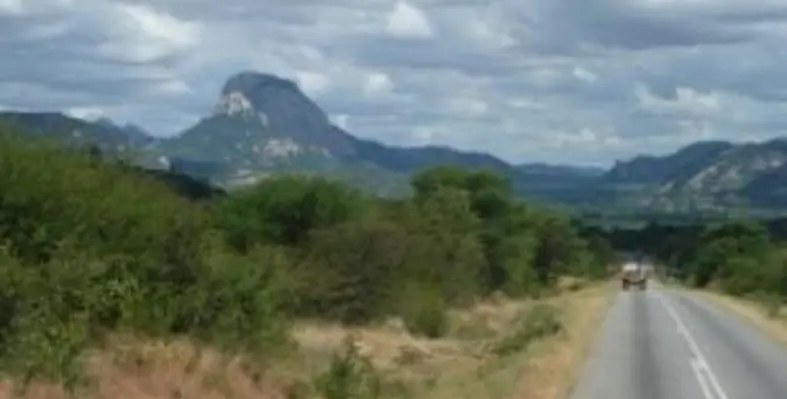With Emmerson Mnangagwa being elected as the leader of Zimbabwe in last week’s election result, the country focuses on exploring and rebuilding major sectors for inclusive growth
One such area, which boasts multiple opportunities, is the tourism sector. According to an analysis by African Sun Limited, Zimbabwe currently ranks 117th in the most likely travel destinations in the world as compared to South Africa which ranks 60th.
According to Rishabh Thapar, associate director of global hospitality consultancy, HVS Africa, the new government and president has the responsibility of building up the economy, which is not going to be an instant fix.
“Tourism policies and infrastructure can create massive opportunities for an economy. Not only through job creation and direct and indirect income from tourism activities but also creating opportunity for interaction and business avenues,” said Thapar.
“According to World Travel and Tourism Council, while the direct contribution of travel and tourism to Zimbabwe’s GDP was 3.5 per cent, the total contribution of Travel and Tourism to GDP - including wider effects from investment, the supply chain and induced income impacts – was over eight per cent in 2016 and 2017.”
One of the major plans for the new government should be to restore financial and political stability by involving its skilled workforce in national building programmes and schemes. “More than three million Zimbabweans are estimated to be living outside their country, having left the country for better economic prospects during the last two decades. This accomplished workforce with their experience of living abroad would certainly play a crucial role in the rise of Zimbabwe if they were to return to their country,” Thapar noted.
He explains that a phase of restoring confidence among its citizens and the international community could usher an era of increased domestic and foreign investment and growth which perhaps has remained stunted for a better part of two decades.
According to Thapar, Zimbabwe has abundant natural attractions such as Nyanga National Park, Matopos National Park, Hwange National Park, Lake Kariba, The Great Zimbabwean Ruins and Chinhoyi Caves, which all need to be promoted and established into itineraries and tourism circuits. He recommends that a master plan for all these destinations is developed to enhance the tourist’s experience and ultimately increase the length of stay in the country.












